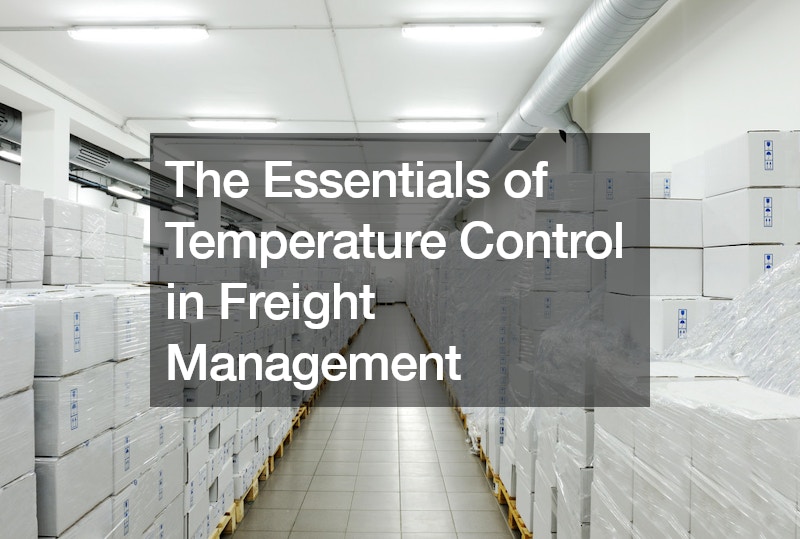In the world of logistics, ensuring that perishable goods like food, pharmaceuticals, and vaccines reach their destination in optimal condition is crucial. This is where the concept of the cold chain comes into play. But what exactly is a cold chain, and why is it so important in freight management?
A cold chain refers to the series of steps taken to maintain the temperature integrity of temperature-sensitive products throughout the entire transportation process, from production to consumption. The goal is to keep these products within a specified temperature range to prevent spoilage, degradation, or damage.
Essentials of Cold Chain Management:
1. Packaging: The first step in cold chain management involves proper packaging. This includes the use of insulation, gel packs, specialized boxes, and pallet systems designed to keep products cold during transit.
2. Storage: Temperature-controlled warehouses, often referred to as cold rooms, play a critical role in storing perishable goods. These facilities help minimize storage time, ensuring the freshness and quality of the products.
3. Transportation: Refrigerated transport methods, such as temperature-controlled containers and trucks (also known as reefers), are essential for maintaining the cold chain during transit. These vehicles and containers are equipped to regulate temperatures and prevent fluctuations that could compromise the integrity of the goods.
4. Temperature Monitoring: Continuous temperature monitoring is vital to ensuring that products remain within the required temperature range throughout their journey. This involves the use of sensors and monitoring devices to track temperature conditions in real-time.
5. Shipment Tracking: Effective shipment tracking systems help logistics providers monitor the movement of goods and identify any potential delays or issues along the supply chain. This visibility allows for proactive management and timely interventions to maintain the integrity of the cold chain.
Importance of a Reliable Cold Chain: A reliable cold chain is essential for preserving the quality, safety, and efficacy of temperature-sensitive products. Without proper temperature control, vaccines, medications, and perishable foods would be at risk of spoilage or degradation, leading to significant losses and potential health risks.
In conclusion, cold chain management is a critical aspect of freight logistics, particularly for industries that deal with temperature-sensitive products. By understanding and implementing the essentials of cold chain management, logistics providers can ensure the safe and efficient transportation of perishable goods from production to consumption.
.










